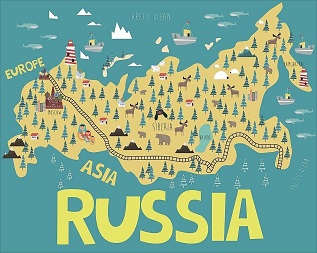Russia is undergoing a new, invisible revolution
Dmitry Trenin
The US-led bloc has pushed the country to develop a new awareness of itself and its place in the world
When President Vladimir Putin, back in February 2022, launched Russia’s military operation in Ukraine, he had specific, but limited objectives in mind. It was essentially about assuring Russia’s security vis-à-vis NATO.
However, the drastic, expansive and well-coordinated Western reaction to Moscow’s moves – the torpedoing of the Russo-Ukrainian peace deal and the mounting escalation of the US-led bloc's involvement in the conflict, including its role in deadly attacks inside Russia – have fundamentally changed our country's attitude towards our former partners.
We no longer hear talk about “grievances” and complaints about “failures in understanding.” The last two years have produced nothing less than a revolution in Moscow’s foreign policy, more radical and far-reaching than anything anticipated on the eve of the Ukraine intervention. Over the past 25 months, it has been quickly gaining in strength and profundity. Russia's international role, its position in the world, its goals and methods of reaching them, its basic worldview – all are changing.
The national foreign policy concept, signed by Putin just a year ago, represents a major departure from its predecessors. It establishes the country’s identity in terms of it being a distinct civilization. In fact, it is the first official Russian document to do so. It also radically transforms the priorities of Moscow's diplomacy, with the countries of the post-Soviet ‘near abroad’ on top, followed by China and India, Asia and the Middle East, and Africa and Latin America.
Western Europe and the United States rank next to last, just above the Antarctic.

























